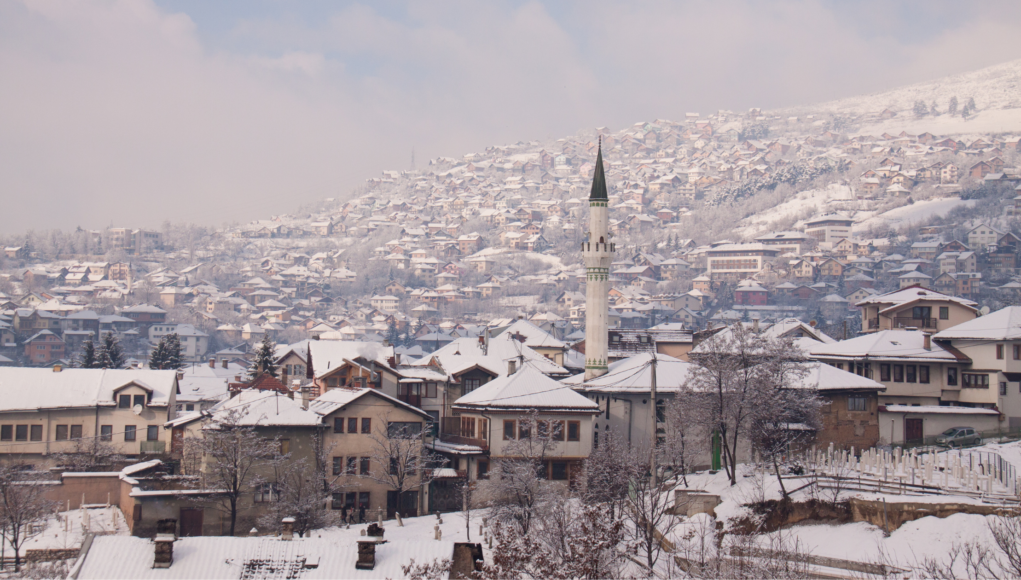As winter looms over Bosnia and Herzegovina, the specter of escalating gas prices is casting a cold shadow on citizens already grappling with economic uncertainties. The recent decision by the Bulgarian Parliament to impose a tax on gas transportation is sending ripples through the region, leaving many wondering about the impact on their heating bills.
In the worst-case scenario for this heating season, gas prices could soar by a daunting 20%. The current certainty is a 4.9% increase, with anxiously awaited decisions from the federal government adding to the financial uncertainty. The lack of response from the line ministry and Minister Vedran Lakić only adds to the palpable tension.
Bosnia and Herzegovina experiences harsh winters, with temperatures often plunging below freezing. Snow-covered landscapes are a common sight, and the need for efficient heating is not just a matter of comfort but a crucial element for survival during the coldest months.
The economic landscape of Bosnia and Herzegovina further complicates the situation. With an average monthly net income of around 910 KM (~US$500), as reported by the country’s statistical office. The impending surge in gas prices is poised to strain household budgets significantly. As winter approaches, citizens brace themselves for not only the physical cold but also the financial chill that may accompany it.
A concerned citizen shared, “I do not hope that I will pay less than 300 KM for gas per month. I just can’t be cold, and last year they were lowered, then raised again, but we’re going around in circles… this is a shame.”
The decision by Bulgarian Parliament has sparked concerns about the financial sustainability of the heating season in Bosnia and Herzegovina. Almir Bečarević, Minister of Communal Economy in the Sarajevo Canton Government, emphasized the significance of GAZPROM’s role and the potential repercussions on end customers.
“Future events are very questionable because this decision can have huge implications, because Hungary and Serbia are significant consumers of natural gas,” warned Bečarević.
Representatives of authorities in Bosnia and Herzegovina have remained tight-lipped, while the President of Serbia has announced talks with Bulgarian representatives. The Gas Association challenges the validity of Bulgaria’s decision, citing a contract with Gazprom.
“I think that the Bulgarian decision is a ‘scare the bear with a tin’ [tactic] and nothing more. Determining the transit price is not a decision of one country but an international price that is valid for 1,000 cubic meters and 100 kilometers,” remarked Vojislav Vuletić, President of the Assembly of the Serbian Gas Association.
As gas prices teeter on the edge of an unprecedented surge, citizens are left with difficult choices. An elderly citizen expressed the predicament, “Imagine a pensioner with 500 KM [per month] paying those utilities.”
Source/s: N1 BiH
Image source: Shutterstock
The Southeast European Observer participates in the Amazon Services LLC Associates Program. While we strive to provide our readers with unbiased and reliable information, please be aware that any purchases made through Amazon affiliate links on our site generate a small commission for us at no extra cost to you. This helps support our platform and allows us to continue delivering quality content to our readers.
We ensure that the presence of Amazon affiliate ads does not influence our editorial content, and no affiliate links are included within the text of our articles.












